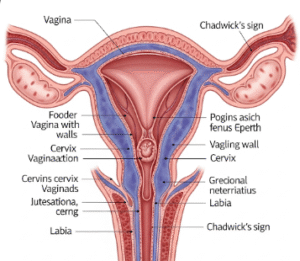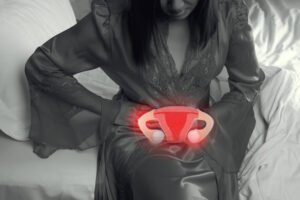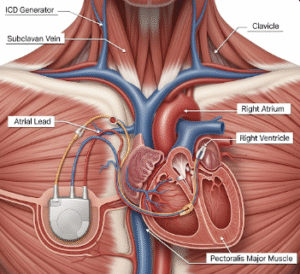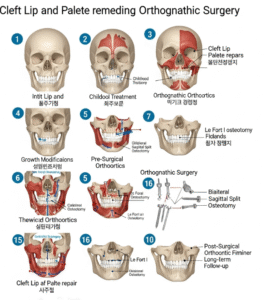Overview
Urinary Retention is a condition in which the bladder does not empty completely or at all, despite the urge to urinate. It can be acute (sudden and painful) or chronic (develops slowly over time). This condition can lead to serious complications such as infections, bladder damage, or kidney problems if not treated appropriately. Prompt medical evaluation is essential to identify the underlying cause and begin proper management.
What is Urinary Retention
Urinary Retention is the inability to completely empty the bladder, either partially or fully. It is classified into two main types:
- Acute urinary retention, a sudden and painful inability to urinate, which is a medical emergency.
- Chronic urinary retention, which occurs gradually, allowing the bladder to stretch over time and often with minimal symptoms.
This condition can affect both men and women, though it is more common in men over 50 due to prostate enlargement. It can stem from obstructive, neurological, or functional causes.
Symptoms
Acute urinary retention:
- Sudden, painful inability to urinate
- Distended lower abdomen
- Severe discomfort or urgency without urine output
Chronic urinary retention:
- Weak or intermittent urine stream
- Feeling of incomplete bladder emptying
- Frequent urination, especially at night (nocturia)
- Dribbling or leakage of urine
- Difficulty starting urination
- Lower abdominal fullness or pressure
Causes
Urinary retention can be caused by:
Obstructive causes:
- Benign prostatic hyperplasia (BPH)
- Prostate cancer
- Urethral stricture or stones
- Bladder stones or tumors
- Pelvic organ prolapse (in women)
Neurological causes:
- Spinal cord injury
- Multiple sclerosis (MS)
- Parkinson’s disease
- Diabetic neuropathy
- Stroke
Other causes:
- Medications (e.g., anticholinergics, antihistamines, opioids)
- Infections causing swelling or inflammation
- Post-surgical complications
- Psychological causes (e.g., anxiety, paruresis or shy bladder)
Risk Factors
- Male gender, particularly with age-related prostate changes
- Neurological disorders
- Pelvic or spinal surgery history
- Use of certain medications
- Bladder outlet obstruction
- Diabetes mellitus
- History of urinary tract infections
- Bladder or prostate cancer
Complications
If left untreated, urinary retention may lead to:
- Bladder distension and damage
- Urinary tract infections (UTIs)
- Kidney damage or hydronephrosis
- Bladder stones
- Hematuria (blood in the urine)
- Overflow incontinence
- Impaired quality of life and sleep disturbances
Prevention
Prevention strategies vary depending on the underlying cause but may include:
- Regular urological check-ups, especially in older adults
- Managing prostate health in men over 50
- Controlling blood sugar in diabetic patients
- Staying well-hydrated, but avoiding excessive fluid intake before sleep
- Avoiding medications known to cause retention when possible
- Prompt treatment of urinary tract infections or prostatitis
- Pelvic floor exercises and bladder training
Treatment Options in Korea
South Korea offers advanced diagnostics and personalized treatment approaches for urinary retention:
- Immediate relief for acute cases:
- Catheterization (either intermittent or indwelling) to drain the bladder
- Suprapubic catheterization if urethral catheterization is not possible
- Diagnostic tools:
- Bladder ultrasound (post-void residual test)
- Urodynamic studies to assess bladder function
- Cystoscopy for direct visualization of obstruction
- MRI or CT for neurological assessment
- Medical treatment:
- Alpha-blockers to relax the bladder neck and prostate (e.g., tamsulosin)
- 5-alpha reductase inhibitors for prostate size reduction
- Antibiotics for infections
- Discontinuation or change of offending medications
- Surgical interventions:
- Transurethral resection of the prostate (TURP) for BPH
- Urethral dilation or urethrotomy for strictures
- Prostate laser surgery
- Neuromodulation or bladder augmentation in neurogenic bladder cases
Korea’s urology centers use minimally invasive techniques and cutting-edge technology to ensure excellent outcomes, especially for complex or recurring cases of urinary retention.













